Description
Allergens: For allergens including gluten please see the ingredients highlighted in bold
Ingredients: Barley
Diastatic malt flour is a specialised flour made from sprouted and dried barley or wheat grains that are finely milled. It is valued for its ability to improve the texture, flavour, and rise of baked goods due to its natural enzymes, particularly amylase, which breaks down starches into simple sugars. Here’s a detailed overview:
Key Features:
- Enzyme Activity:
- Contains active enzymes (notably amylase) that convert starches into sugars, feeding the yeast during fermentation. This results in better rises and improved crust colouring.
- Natural Sweetener:
- As the enzymes produce sugars, they enhance the sweetness and flavour of baked goods.
- Nutritional Benefits:
- Provides vitamins, minerals, and fibre, making it a nutrient-rich addition.
Uses in Baking:
- Bread:
- Improves the rise and creates a softer, moister crumb.
- Enhances browning due to the additional sugars produced.
- Pizza Dough:
- Encourages even browning and adds flavour to the crust.
- Bagels & Pretzels:
- Contributes to their signature chewiness and golden finish.
- Sweet Breads and Pastries:
- Boosts sweetness and supports yeast activity, resulting in lighter textures.
How to Use:
- Quantity:
- Generally 0.5–2% of the total flour weight in recipes (e.g., 5-10g per 1kg of flour).
- Excessive amounts can make the dough overly sticky due to too much sugar production.
- Incorporation:
- Blend with other flours or add directly to the dough mixture.
Tips:
- Ensure you’re using diastatic malt flour for enzymatic benefits (non-diastatic versions are primarily for flavour and lack active enzymes).
- Store in an airtight container in a cool, dry place, as the enzymes can deteriorate over time.

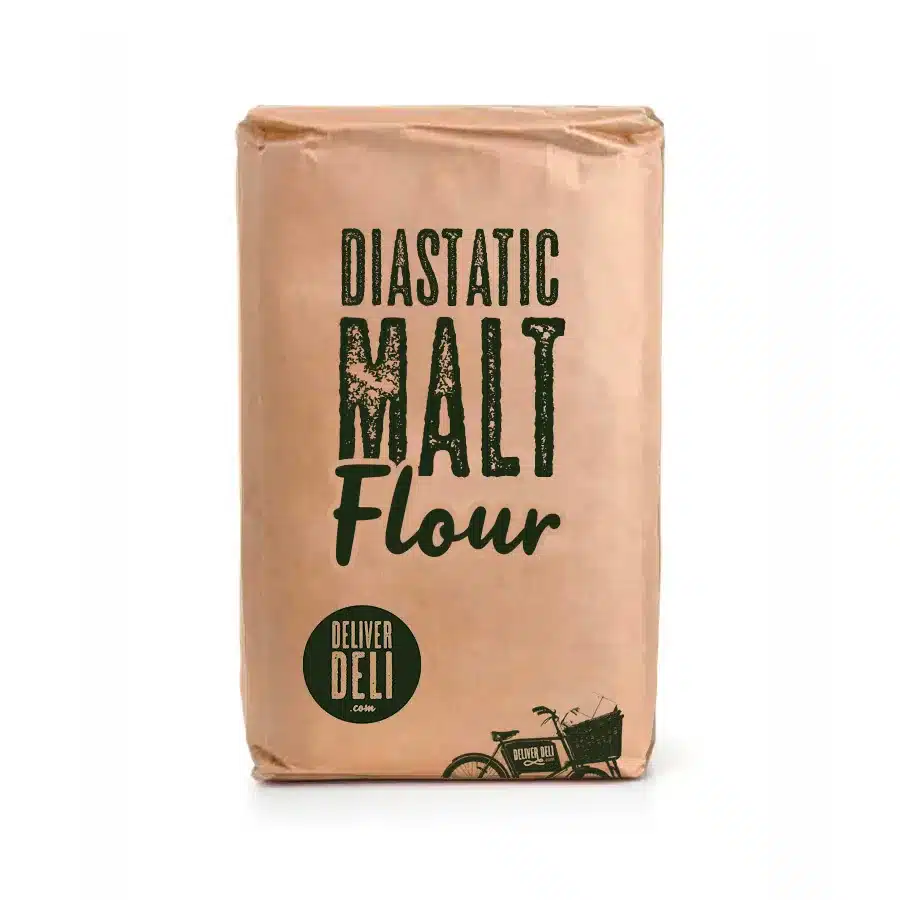
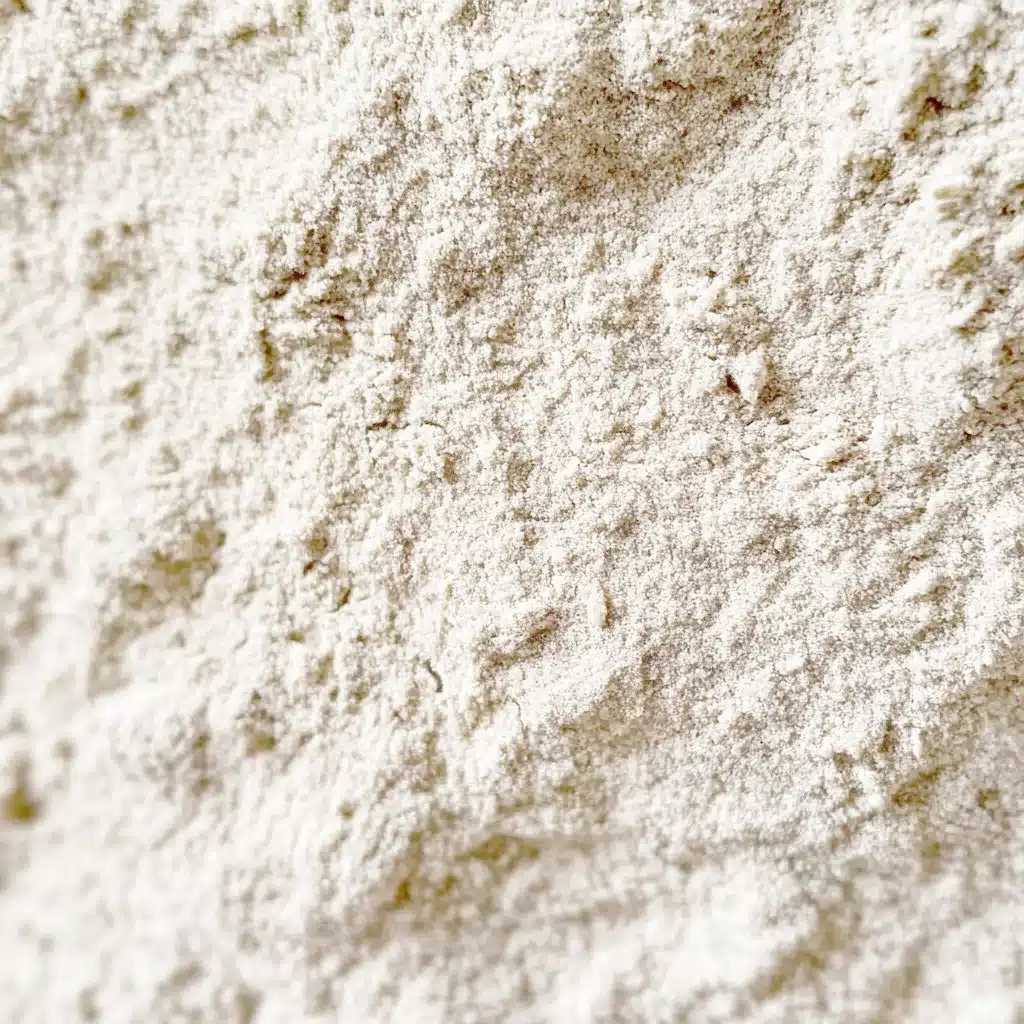

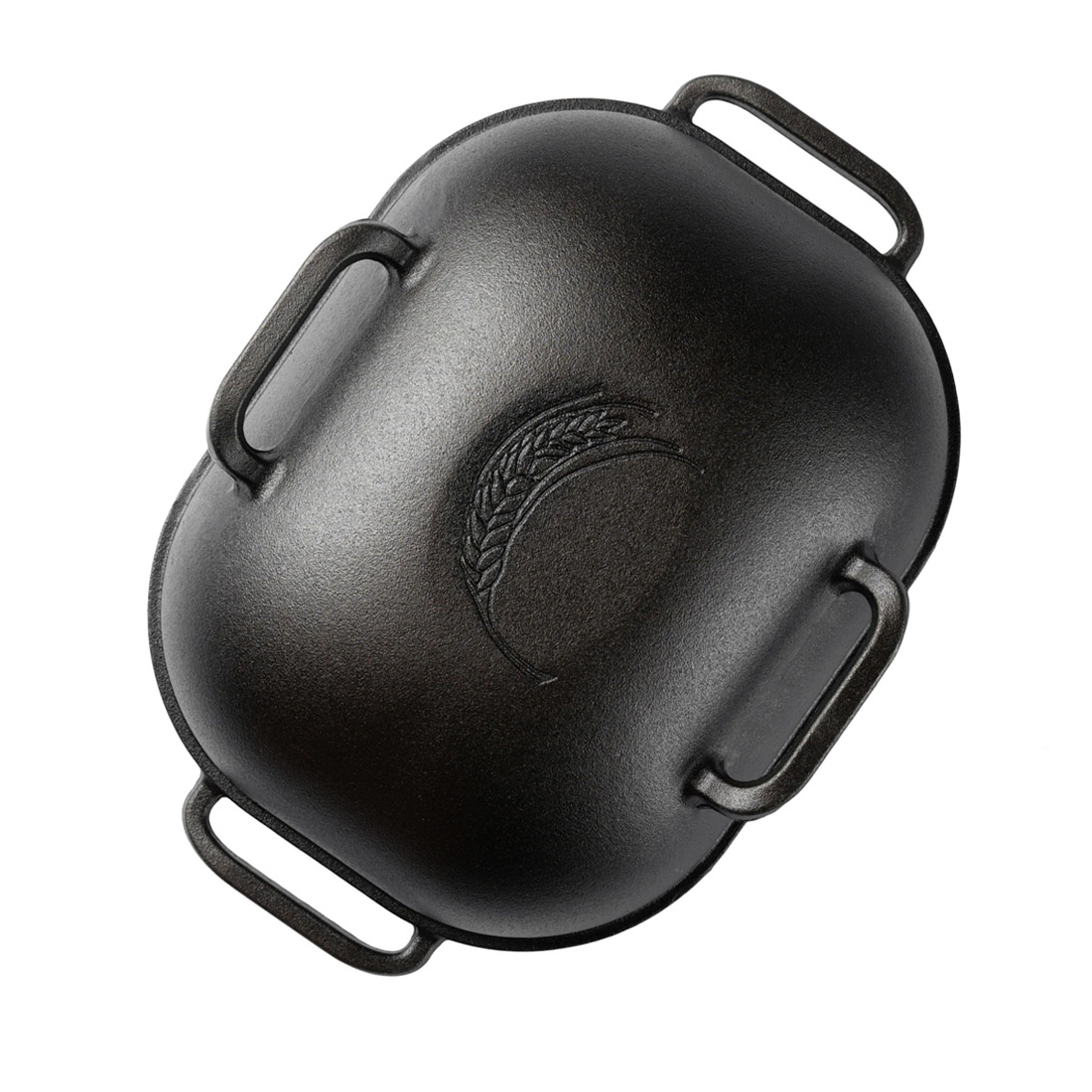 Challenger Bread Pan
Challenger Bread Pan Mockmill 100 Grain Mill
Mockmill 100 Grain Mill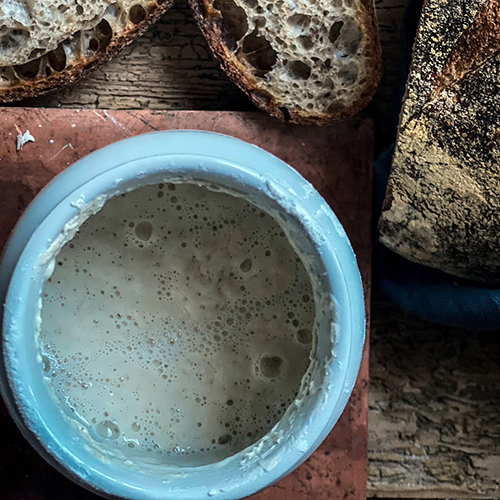 White Sourdough Starter Kit
White Sourdough Starter Kit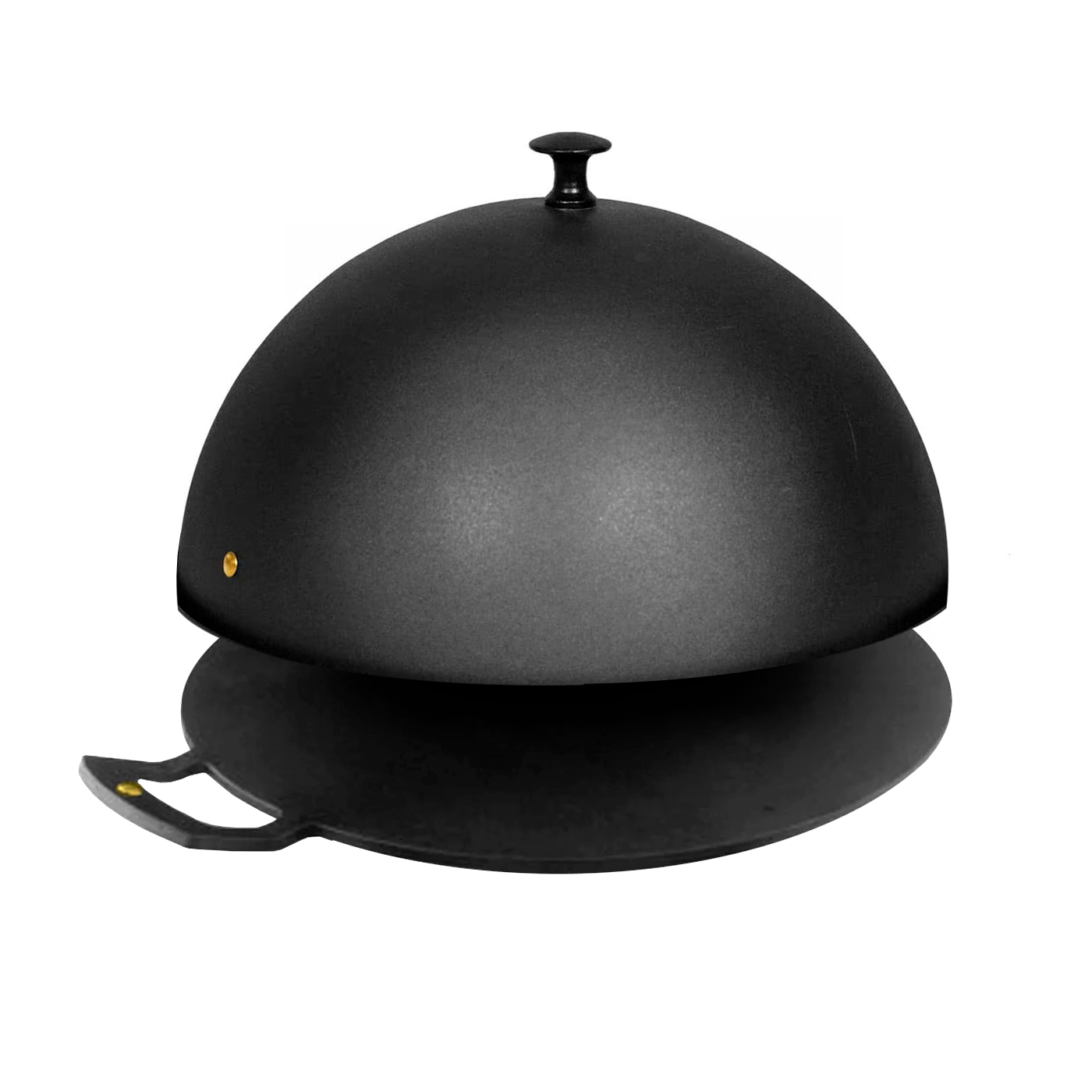 Netherton Foundry Bread Pan
Netherton Foundry Bread Pan